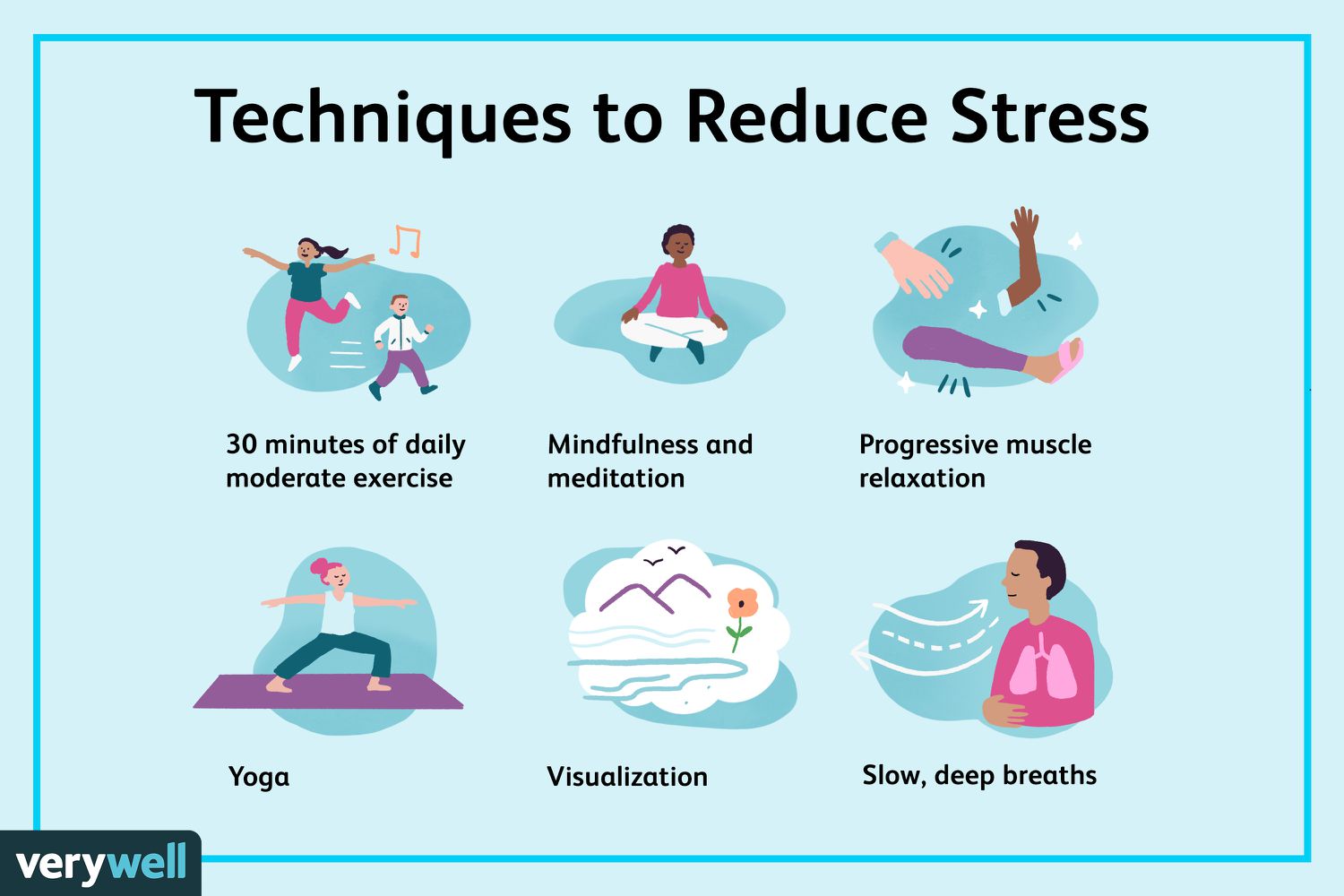The Benefits of Regular Exercise: From Cardio to Strength Training
Regular exercise is often touted as a cornerstone of a healthy lifestyle, and for good reason. Whether you prefer cardiovascular workouts like running and cycling or strength training exercises like weightlifting and bodyweight workouts, incorporating regular exercise into your routine can have profound benefits for both your physical and mental well-being. In this article, we’ll explore the diverse array of benefits that regular exercise offers, from improved cardiovascular health to increased muscle strength and beyond.
#### Cardiovascular Health
Cardiovascular exercise, also known as aerobic exercise, refers to activities that elevate your heart rate and increase your breathing rate. Examples include walking, jogging, swimming, cycling, and dancing. Regular cardiovascular exercise offers a host of benefits for heart health, including:
1. **Improved Heart Function:** Cardiovascular exercise strengthens the heart muscle, making it more efficient at pumping blood throughout the body.
2. **Lower Blood Pressure:** Regular aerobic exercise can help reduce blood pressure levels, lowering the risk of hypertension and heart disease.
3. **Reduced Risk of Heart Disease:** Engaging in regular cardiovascular exercise has been shown to lower the risk of heart disease, stroke, and other cardiovascular conditions.
4. **Improved Cholesterol Levels:** Aerobic exercise can raise HDL (good) cholesterol levels and lower LDL (bad) cholesterol levels, improving overall cholesterol profiles.
#### Weight Management
In addition to its cardiovascular benefits, regular exercise is also essential for weight management and maintaining a healthy body composition. Whether you’re looking to lose weight, gain muscle, or simply maintain your current weight, exercise plays a critical role. Here’s how:
1. **Increased Calorie Expenditure:** Exercise burns calories, helping you create a calorie deficit necessary for weight loss.
2. **Muscle Gain:** Strength training exercises help build lean muscle mass, which can increase your metabolic rate and promote fat loss.
3. **Appetite Regulation:** Regular exercise can help regulate appetite hormones, reducing feelings of hunger and promoting better food choices.
4. **Improved Body Composition:** Combining cardiovascular exercise with strength training can help you achieve a healthy balance of muscle and fat, improving overall body composition.
#### Muscle Strength and Bone Health
Strength training, also known as resistance training, involves using weights, resistance bands, or bodyweight exercises to build muscle strength and endurance. Regular strength training offers numerous benefits for muscle health and bone density, including:
1. **Increased Muscle Strength:** Strength training exercises target specific muscle groups, helping to increase strength and endurance over time.
2. **Enhanced Bone Density:** Weight-bearing exercises like strength training can help increase bone density and reduce the risk of osteoporosis and fractures.
3. **Improved Joint Health:** Strengthening the muscles around joints can help improve joint stability and reduce the risk of injury.
4. **Better Posture and Balance:** Strong muscles support proper posture and balance, reducing the risk of falls and injuries, especially as you age.
#### Mental Health and Well-being
In addition to its physical benefits, regular exercise is also essential for mental health and well-being. Physical activity has been shown to have a profound impact on mood, stress levels, and cognitive function. Here are some ways exercise benefits mental health:
1. **Mood Enhancement:** Exercise stimulates the release of endorphins, neurotransmitters that promote feelings of happiness and well-being.
2. **Stress Reduction:** Physical activity can help reduce levels of stress hormones like cortisol, leading to a calmer, more relaxed state of mind.
3. **Improved Sleep:** Regular exercise can improve sleep quality and duration, helping you feel more rested and refreshed.
4. **Enhanced Cognitive Function:** Exercise has been linked to improved cognitive function, memory, and attention span, reducing the risk of cognitive decline with age.
#### Longevity and Quality of Life
Regular exercise has also been associated with increased longevity and a higher quality of life. By promoting overall health and well-being, exercise can help you live a longer, more fulfilling life. Here’s how:
1. **Reduced Risk of Chronic Disease:** Engaging in regular exercise can lower the risk of chronic diseases like diabetes, cancer, and Alzheimer’s disease, leading to a longer, healthier life.
2. **Improved Mobility and Independence:** Maintaining physical fitness through exercise can help preserve mobility and independence as you age, allowing you to remain active and engaged in daily life.
3. **Enhanced Mental Sharpness:** Regular exercise can help keep your mind sharp and focused, reducing the risk of cognitive decline and dementia.
4. **Increased Energy and Vitality:** Exercise boosts energy levels and vitality, allowing you to participate fully in activities you enjoy and maintain a high quality of life.
#### Conclusion
From cardiovascular health to mental well-being, the benefits of regular exercise are vast and varied. Whether you prefer cardio workouts, strength training exercises, or a combination of both, incorporating regular physical activity into your routine is essential for overall health and longevity. By making exercise a priority and finding activities you enjoy, you can reap the rewards of improved health, enhanced well-being, and a higher quality of life. So lace up your sneakers, grab your dumbbells, and get moving—your body and mind will thank you for it.









